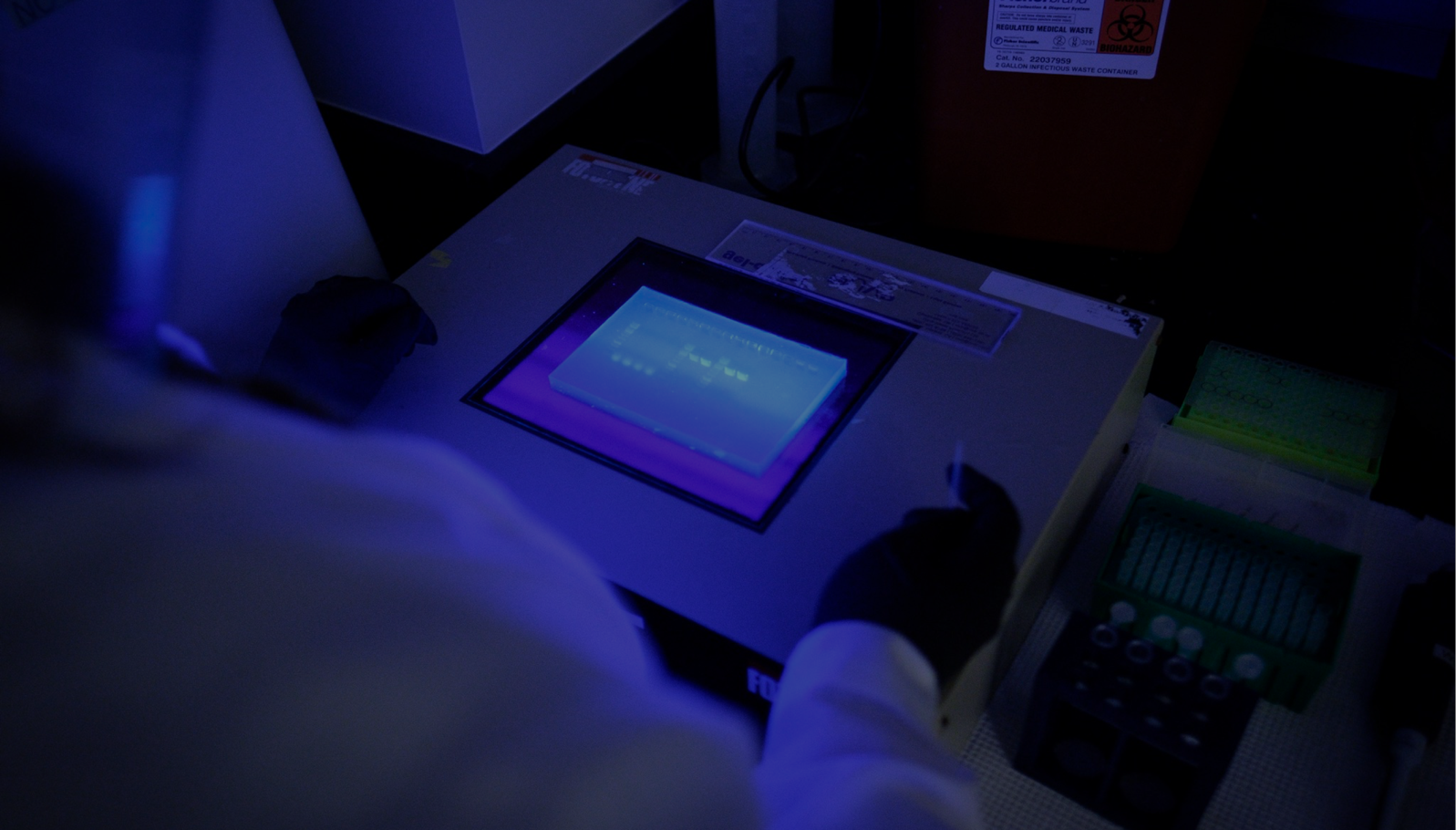Javeed Ali
Shah
MD

Biography
Javeed Shah is an infectious diseases physician who has a specific interest in the ongoing care of individuals with HIV. Additionally, he has an interest in caring for individuals with chronic infections like tuberculosis and hepatitis C.
He has published over 10 peer-reviewed articles in his time as a researcher. He is a member of the American Medical Association and the Infectious Diseases Society of America.
Education & Training
MD, Pritzker School of Medicine, University of Chicago, Chicago IL (2005)
Residency, University of Washington, Seattle WA (2006-2008)
Chief Medical Resident, Harborview Medical Center, Seattle WA (2008-2009)
Fellowship in Infectious Diseases, University of Washington, Seattle WA (2009-2010)
Honors
Chief Fellow, University of Washington, Division of Allergy and Infectious Diseases (2010)
American Association of Immunologists Trainee Travel Award (2016)
University of Washington Department of Medicine Scholars Award (2016)
Research Interests
Current projects are focused on the innate immune response to tuberculosis and leprosy. The goal of this research is to identify immune mechanisms that make certain populations more or less susceptible to severe disease phenotypes than others. To this end, he has identified polymorphisms in a critical stress response gene, TOLLIP, that alters the cytokine response within macrophages that impact the innate immune response and TB susceptibility in human populations. Our lab is dedicated to pursuing how these genes and others like them influence TB pathogenesis using a combination of human population-based methods and mouse knockout studies. To complement these population-based studies, Javeed uses genetic editing of cell lines and primary cells as well as molecular biology techniques to pinpoint polymorphisms of interest. The goal of these studies is to determine critical molecular pathways that may be novel targets for therapeutic intervention.
Clinical Interests
- HIV
- Tuberculosis
- Hepatitis C
- General internal medicine
Related Links
Publications
Shah JA, Musvosvi M, Shey M, Horne DJ, Wells RD, Peterson GJ, Cox JS, Daya M, Hoal EG, Lin L, Gottardo R, Hanekom WA, Scriba TJ, Hatherill M, Hawn TR.
Am J Respir Crit Care Med. 2017 Aug 15;196(4):502-511. doi: 10.1164/rccm.201611-2346OC.
Shah JA, Berrington WR, Vary JC Jr, Wells RD, Peterson GJ, Kunwar CB, Khadge S, Hagge DA, Hawn TR.
J Infect Dis. 2016 Apr 1;213(7):1189-97. doi: 10.1093/infdis/jiv570. Epub 2015 Nov 26.
Shah JA, Vary JC, Chau TT, Bang ND, Yen NT, Farrar JJ, Dunstan SJ, Hawn TR.
J Immunol. 2012 Aug 15;189(4):1737-46. doi: 10.4049/jimmunol.1103541. Epub 2012 Jul 9.
Shah JA, Darrah PA, Ambrozak DR, Turon TN, Mendez S, Kirman J, Wu CY, Glaichenhaus N, Seder RA.
J Exp Med. 2003 Jul 21;198(2):281-91.



